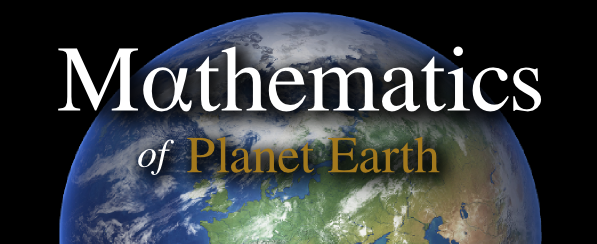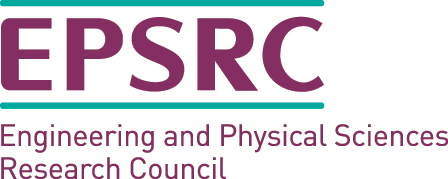We are pleased to announce our Inaugural MPE Wednesday for the academic year 2020/21 held on 14th October from 13:45. Professor Potthast will be our inaugural lecturer, abstract and information on his talk can be found below. Please see the schedule below for information on talks.
The event will be held via Zoom. The link and joining instructions will be sent to all MPE-CDT staff and students. External participants please email mpe.admin@imperial.ac.uk to register your interest for the event.
Date: Wednesday 14th October 2020 13:45 – 17:00
Key Speakers:
Prof Roland Potthast (German Weather Service and University of Reading)
Thomas Bendall (Cohort Bravo, Scientist at the Met Office)
Thomas Gibson (Cohort Bravo, Research Associate at the Naval Postgraduate School, Monterey, CA)
Schedule of the day:
13:45- 14:00 : Welcome
14:00- 15:00 :Prof Potthast on ‘Nonlinear methods for data assimilation and reconstruction’
15:00 – 15:15 : Q/A session
15:15- 15:30 – Break
15:30 – 16:00 : Thomas Bendall on ‘Moisture in finite element models of the atmosphere’
16:00 – 16:30 : Thomas Gibson on ‘Element-based Galerkin methods for modeling atmospheric flows’
16:30 – 17:00 : Panel Discussion
Prof Roland Potthast
Title: Nonlinear methods for data assimilation and reconstruction
Abstract: We discuss the development of non-linear filtering methods for very high-dimensional systems. In this talk, non-linear filtering is developed in the framework of the ensemble data assimilation system of the German Weather Service DWD, both for the global forecasting model and convective scale atmospheric forecasting. We will discuss the role of covariance information for reconstruction of states or parameter functions, and the need and importance of using non-Gaussian distributions within the reconstruction algorithms.
In a broader framework, we discuss ongoing research and results on the localized adaptive particle filter (LAPF) and a Localized Mixture Coefficient Particle Filter (LMCPF). We discuss how to overcome filter collapse or divergence by adaptive rejuvenation by mapping into ensemble space and by using adaptive spread estimators. Recent progress is shown on the LMCPF particle filters for Lorenz 63 and 96 models, where now with Gaussian mixture particles and proper covariance inflation the particle filter usually shows comparable or better o-b statistics than the standard Localized Ensemble Transform Kalman Filter (LETKF).






